Affiliate links on Android Authority may earn us a commission. Learn more.
Why doesn't Google sell its hardware and services in more markets?
Published onOctober 23, 2017
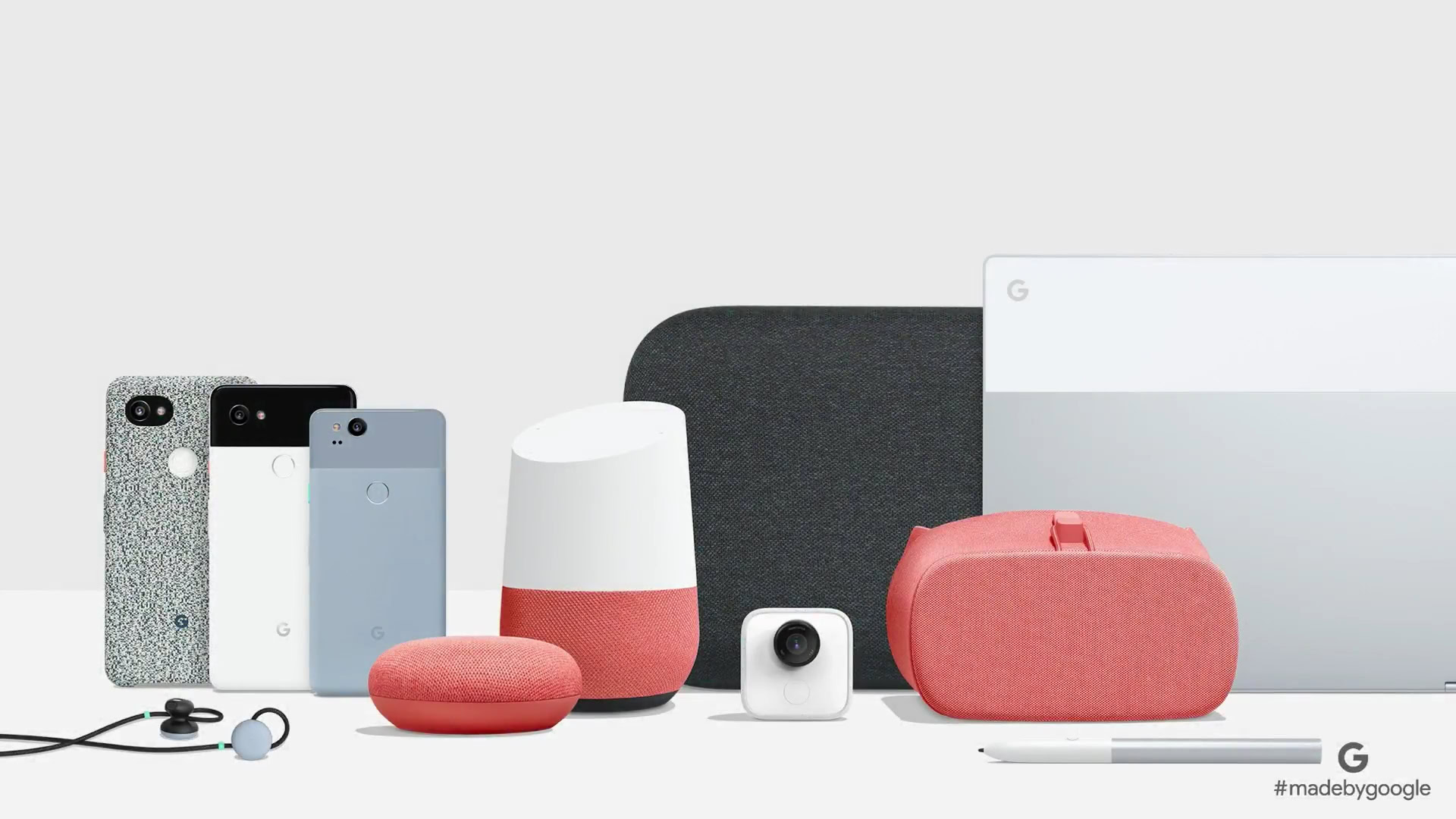
The launch of the Pixel 2 and Pixel 2 XL is, without a doubt, a huge event for Google. Through it, the company is showing the world that it can design a smartphone with features rivaling those of the best Android smartphones and, perhaps more importantly, the iPhone.
However, one important factor may prevent the Pixel 2 models, and indeed most of the company’s hardware products, from being huge sales successes. That’s because Google only sells them in a handful of markets. The Pixel 2 and Pixel 2 XL are currently only available in six countries and territories from its Google Store site: Australia; Canada; Germany; Puerto Rico; the United Kingdom; and of course the United States. The phones will also be sold in India, via Flipkart, with pre-orders beginning on October 26 (Google has also chosen to make Verizon the “exclusive” carrier for the Pixel 2 in the US, but that’s really a different issue).
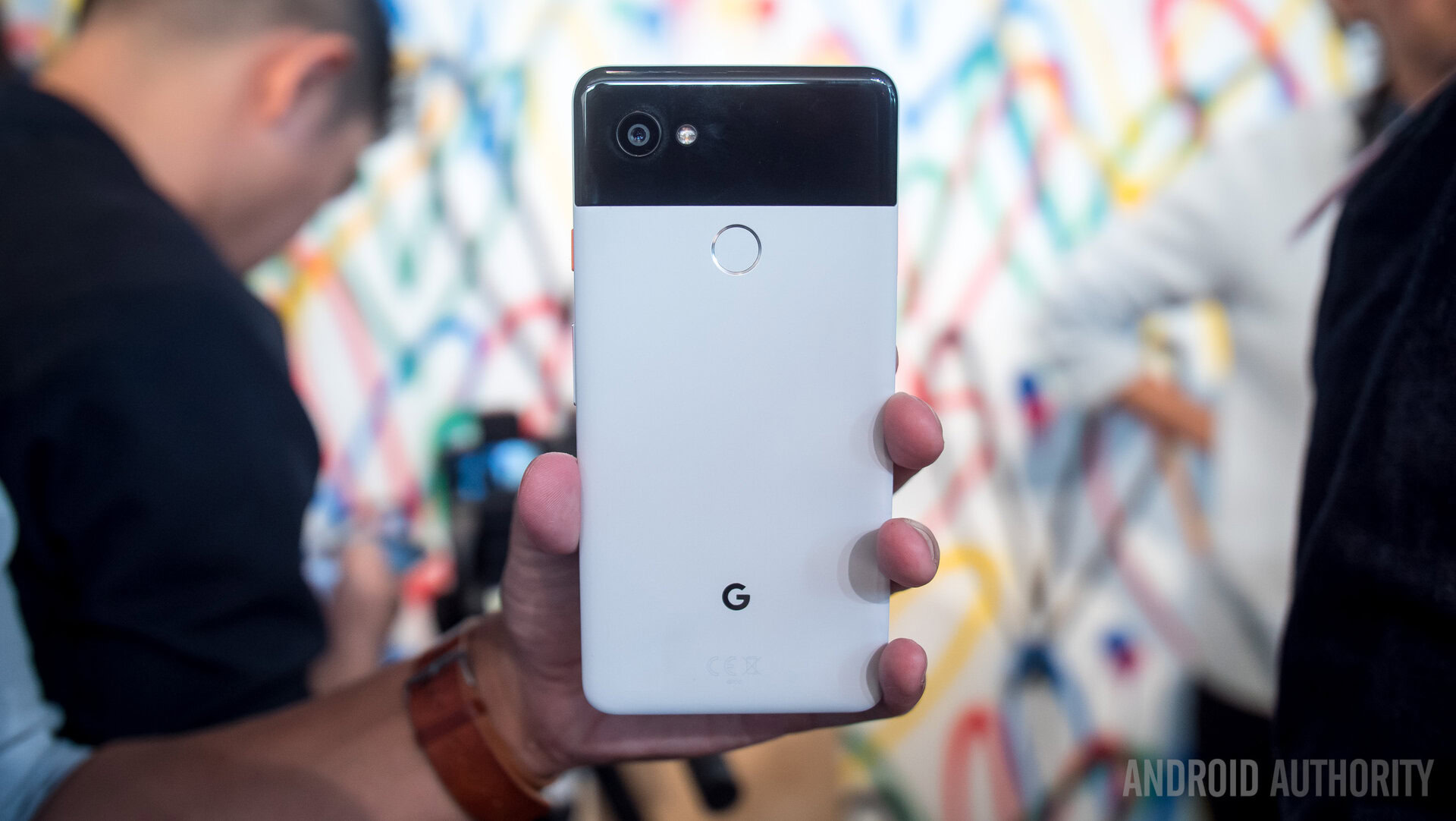
Yep, Pixel 2 phones will officially be available in only seven markets, at least for now. By contrast, the launch of the iPhone 8 and iPhone 8 Plus in late September saw Apple’s latest handset go on sale in a total of over 50 countries and territories. Samsung launched the Galaxy Note 8 in September as well, which was made available in the US and over 40 other countries.
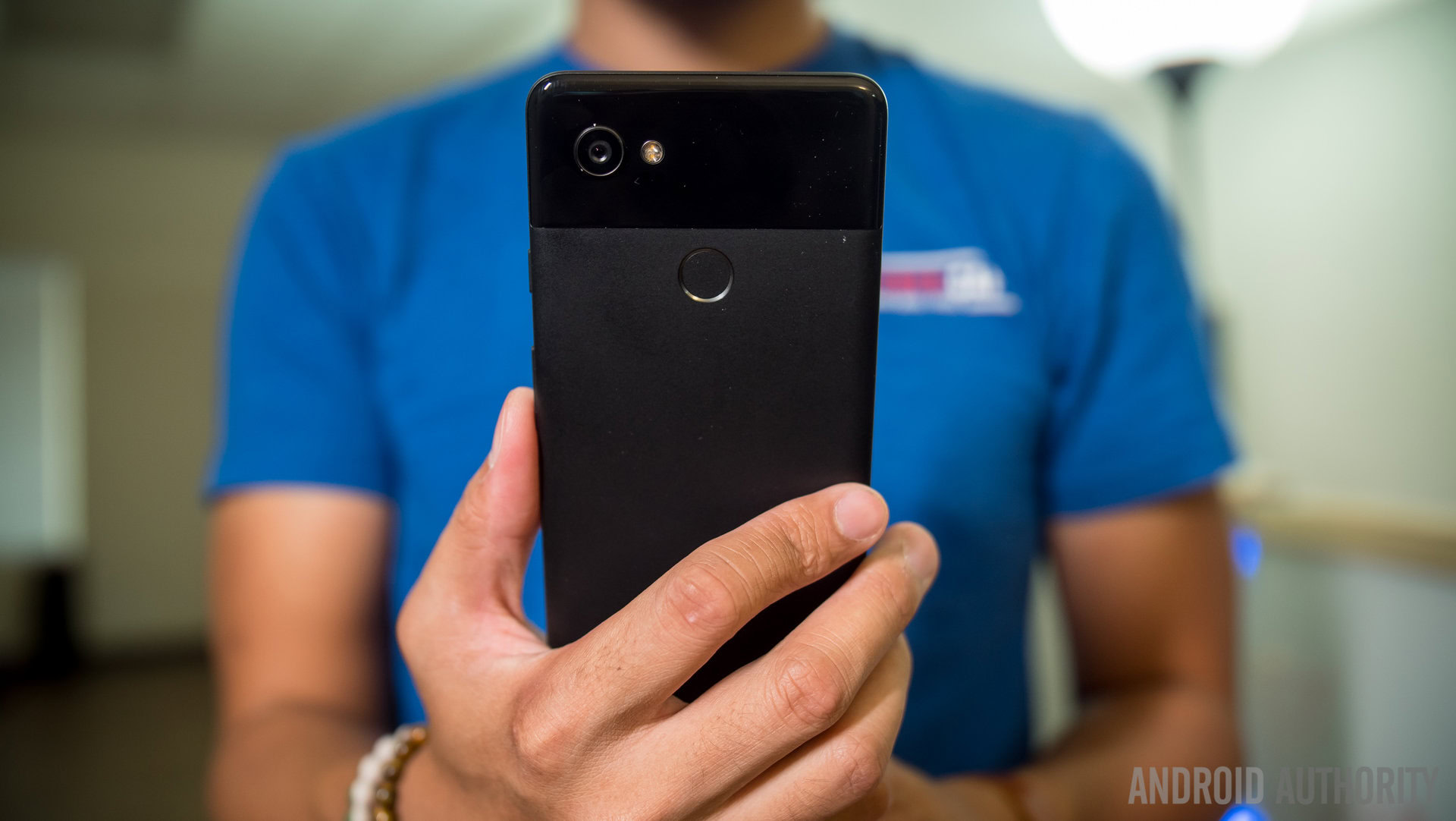
The Pixel 2 and Pixel 2 XL cannot hope to sell as many phones as its main competition if it cannot sell them in more places around the world. Google has never commented on just how many of its Pixel phones, or its early Nexus phones and tablets, have been sold. Its lack of markets may be a big reason why those numbers have never been revealed. Some unconfirmed reports claim that the company only shipped one million units of its first Pixel phone in its first seven months of availability.
This issue is not just limited to the Pixel phones. Other Google hardware devices are not sold in many markets either. The recently announced Google Pixelbook Chromebook is on sale in just three countries: Canada; the U.K.; and the U.S.. The Google Home connected speaker products are on sale in just seven markets: Australia; Canada; France; Germany; Japan; the U.K.; and the U.S..
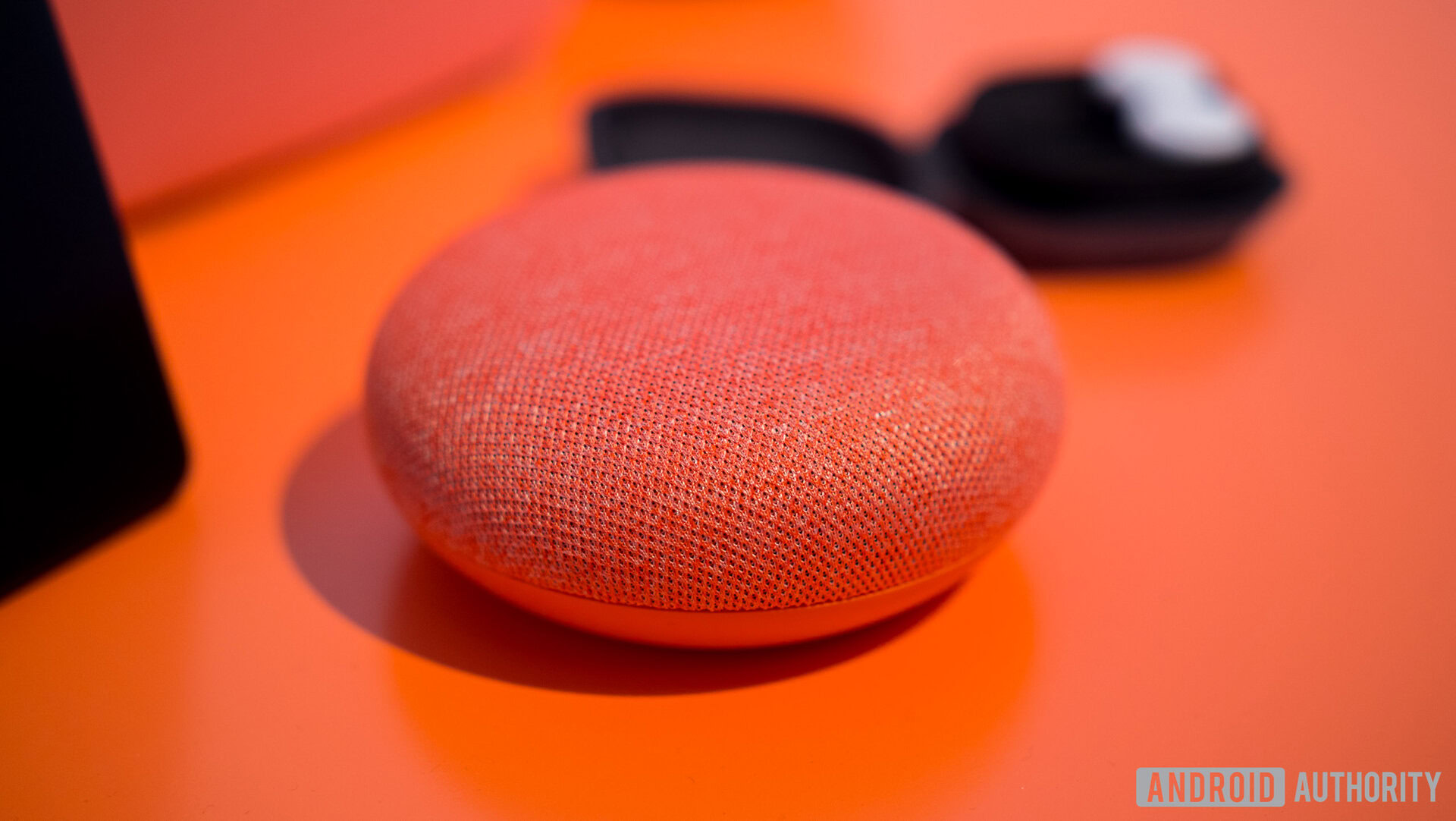
The Chromecast, which is arguably Google’s most successful hardware product— the company recently confirmed it has sold 55 million units worldwide since the first model launched in 2013— is still not even available everywhere. It’s just in 23 markets worldwide. Even some of the company’s software services like Google Play Music and Google Play Movies & TV are not accessible in many major markets.
Google definitely has some great hardware, but why has it refused to expand sales to more places around the world?
We reached out to Google with these questions. The company did not respond, but there are a few possible reasons about which we can speculate.
Google may be afraid of dealing with more anti-trust issues
One big factor in keeping Google from selling more hardware devices worldwide could be that it doesn’t want to enter into countries where regulators might slam it with an anti-trust fine. You may have noticed that in Europe, you can only buy the Pixel 2 in the U.K. and Germany. That may be because Google itself is under attack by most of the countries in the European Union. The European Commission hit the company with a €2.42 billion ($2.7 billion) fine earlier this year, claiming that Google’s online shopping comparison tool, via its search engine, gave it an illegal advantage compared to other shopping tools.
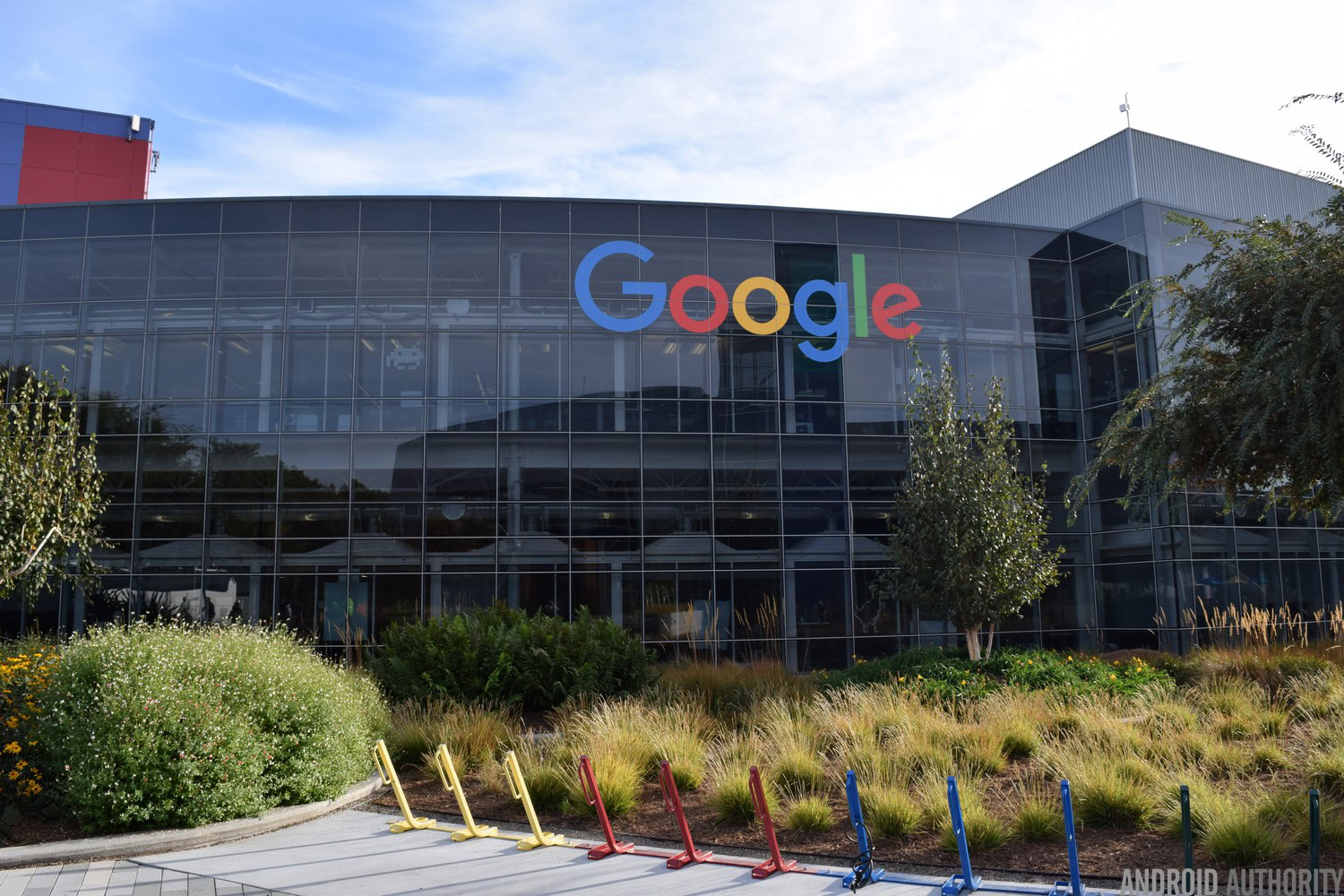
Russia’s Federal Anti-Monopoly Service fined Google $6.75 million in 2016, ruling that the company’s policy to install its own Search, Maps, and other services as part of its Google Play Store package on Android smartphones was unfair to rival search engines and apps, including Russia’s own Yandex. Google eventually agreed to put in a feature in Russia-sold Android phones that offered users a choice of Yandex, Google, and Mail.ru as the search engine for its Chrome browser.
Google has other anti-trust actions to deal with in Europe, including another one from the European Commission that claims the company has prevented other companies from developing their own rival apps, along with Android forks, for smartphones. Google has denied the EC’s claims, stating that smartphone makers are allow to pre-load apps and services alongside Google’s own on devices.
The push back against Google from European regulators may be a large reason why Google doesn't sell its Pixel phones more in that part of the world.
Still, the pushback against Google from European regulators may be a large reason why Google doesn’t sell its Pixel phones and other hardware devices more in that part of the world. It already has problems with offering the Android OS, and its apps and services, on third party products. It may not want to push its own Android-based handsets in most of the continent because of those fears.
Google may not be allowed to launch Pixel phones in China
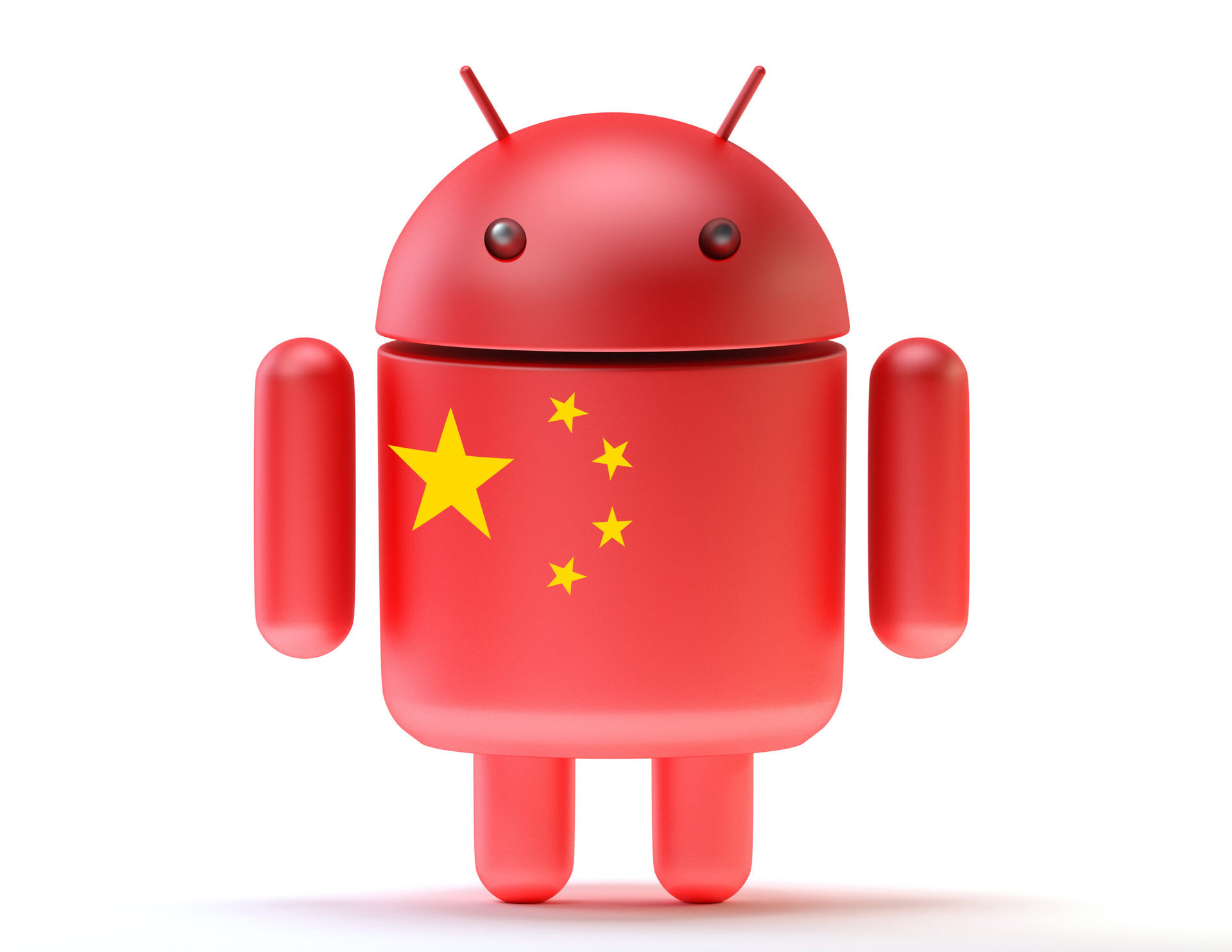
It’s a well known fact that Google has issues with offering its products and services in China, one of the biggest smartphone markets in the world. While Chinese smartphone makers like HUAWEI, ZTE and Xiaomi can use Android, their phones cannot be pre-loaded with Google apps, and the Google Play Store is also banned. It stands to reason why Google would not want to sell its own Pixel smartphones in that country, even as its biggest rival, Apple, is currently allowed to sell its iPhone in China.
It doesn’t look like this situation is going to change anytime soon, either. While there have been rumors that the Google Play Store will finally be made available in China at some point, none of those rumors have come true. If Google wants to really sell more Pixel phones, it has to enter the Chinese market, and to do that, it also really needs to have some version of the Google Play Store available. We are not holding our breath for that to happen in the near future.
Google wants to inspire smartphone makers, not compete with them
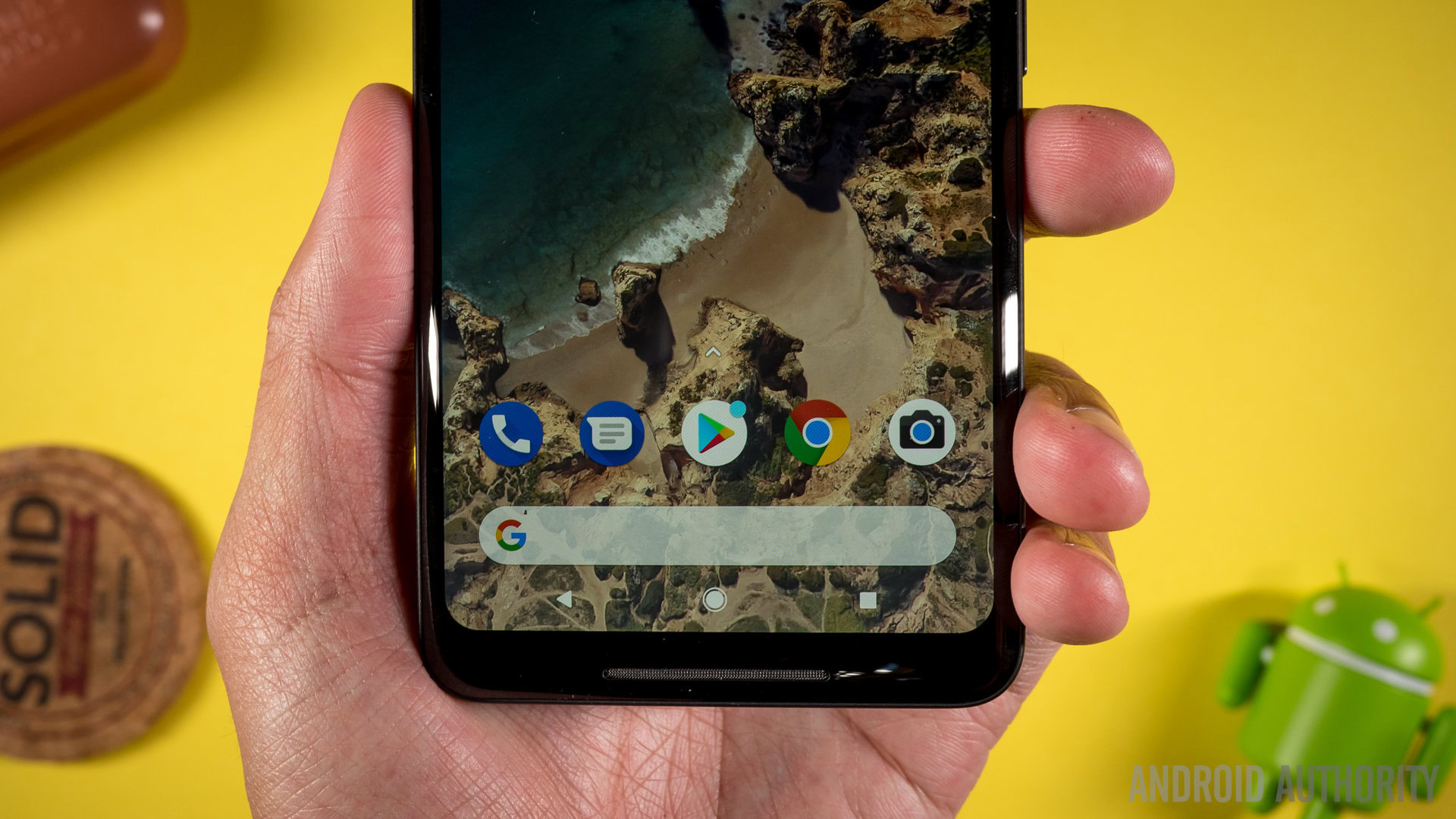
The Android OS is the only viable one for smartphone makers not named “Apple.” While we have seen competing mobile operating systems try to go after Android — like Tizen, Firefox OS, BlackBerry and, yes, Windows Phone and Windows Mobile — all of them have fallen by the wayside. If you are a new hardware company and want to launch a smartphone, you have to use some version of Android.

That may be the biggest reason why Google doesn’t sell its Pixel phones in other markets. It may believe such actions could upset its many third-party partners, such as Samsung, LG, Lenovo and others. If Google sold more phones in more places, that would definitely make things more awkward for those other Android phone manufacturers.
If you are a new hardware company and want to launch a smartphone, you have to use some version of Android.
Instead, we think Google’s approach to limiting the launch of its Pixel phones, and indeed of most of its other hardware products like the Google Home speakers and the Google Pixelbook, is supposed to give other hardware companies some inspiration when it comes to designing and adding features to their own devices.
The Pixel 2 phones have their own SoC specifically for better image processing, and we suspect that could lead to a new trend. Google’s decision to ditch the traditional headphone jack and microSD card in those phones could also signal a move that it wants other Android phones to do the same.
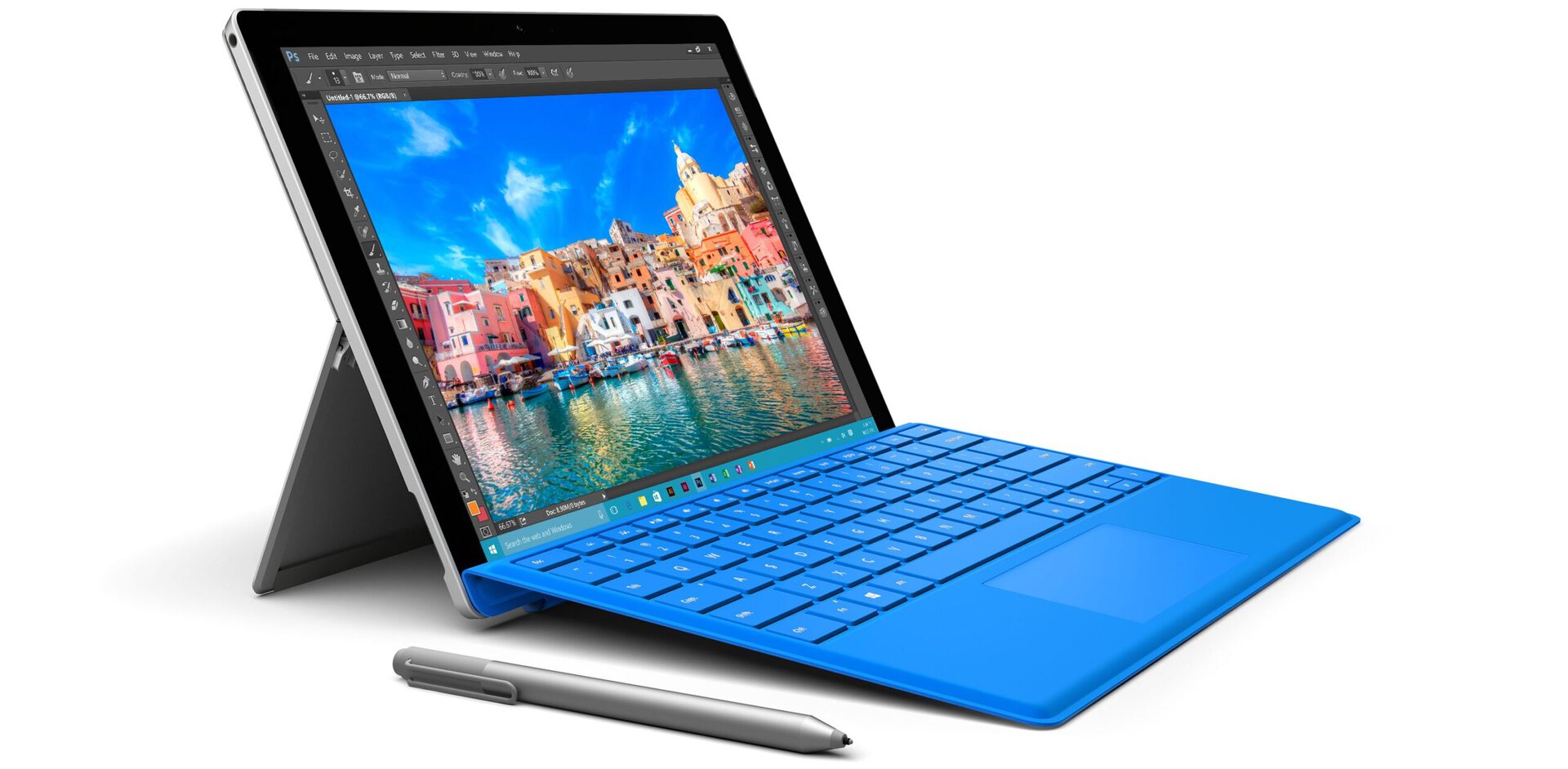
This sort of business move has happened before. Microsoft finally entered the Windows PC hardware business with its Surface family, starting with the Surface RT in 2012. Many pundits wondered if Microsoft would make its many hardware partners like Dell, HP, and others turn away from Windows. Instead, by launching the Surface lineup gradually in more countries, Microsoft actually influenced its partners to release similar 2-in-1 tablet products on their own.
That may be what Google wants from its Pixel phones. It may not want, or even need, for them to be successful in terms of unit sales. If the Pixels can influence other smartphone makers to incorporate the same, or similar, features in their own phones, that could keep Android — especially Android as Google sees it — on top of the mobile market for a long time to come.
Conclusion
Of course, this is all just speculation. We don’t have any official word from Google on why it limits sales of its hardware and services, and it doesn’t seem like it wants to talk about those issues. Perhaps it doesn’t want to admit to some of its own business secrets and strategies in this matter. Whatever the reason, we don’t expect the situation to change anytime soon. As we have hopefully pointed out though, that may ultimately be for the best.
Why do you think Google limits sales of its hardware products and services? Do you think they should expand the reach of those devices, or should things stay the way they are? We would love to hear your thoughts in the comments below!